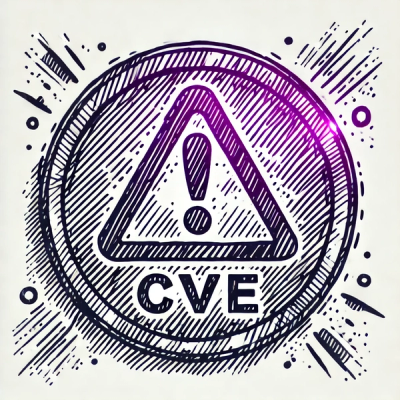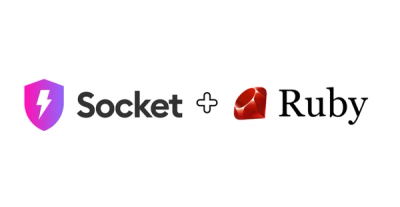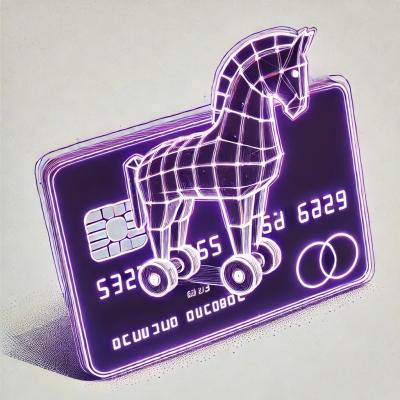
Security News
CISA Extends MITRE Contract as Crisis Accelerates Alternative CVE Coordination Efforts
CISA extended MITRE’s CVE contract by 11 months, avoiding a shutdown but leaving long-term governance and coordination issues unresolved.
github.com/kyma-project/kyma/hack/table-gen
This package contains a tool that automatically generates a documentation table documenting a CRD, and writes it to specified .md files.
You must specify the following parameters:
crd-filename - full or relative path to the .yaml file containing the CRDmd-filename - full or relative path to the .md file in which to insert the table rowsOpen the .md file you want to generate table in, and in the place where you want to insert a table, enter the tags TABLE-START and TABLE-END.
<!-- TABLE-START -->
<!-- TABLE-END -->
You can call the table generator either from the command line, or with the makefile:
If you want to call the table generator from the command line, you can either build it and start it, or use go run. See the following example:
go run main.go --crd-filename ../../installation/resources/crds/telemetry/logpipelines.crd.yaml --md-filename ../../docs/05-technical-reference/00-custom-resources/telemetry-01-logpipeline.md
If you update a CRD that is already present in the makefile, you can just call make generate.
If you want to compare only a particular operator or a specific CRD, specify the label you need while calling make; for example, make telemetry-docs.
To update the makefile, just introduce a new label for your CRD, and then add it to the generate.
Alternatively, if you want to group your go run commands, you can create different labels, group them under the one, and include it to the generate, the same way as with make telemetry-docs.
Go to the .md files and check that the table has been generated as specified.
FAQs
Unknown package
Did you know?

Socket for GitHub automatically highlights issues in each pull request and monitors the health of all your open source dependencies. Discover the contents of your packages and block harmful activity before you install or update your dependencies.

Security News
CISA extended MITRE’s CVE contract by 11 months, avoiding a shutdown but leaving long-term governance and coordination issues unresolved.

Product
Socket's Rubygems ecosystem support is moving from beta to GA, featuring enhanced security scanning to detect supply chain threats beyond traditional CVEs in your Ruby dependencies.

Research
The Socket Research Team investigates a malicious npm package that appears to be an Advcash integration but triggers a reverse shell during payment success, targeting servers handling transactions.